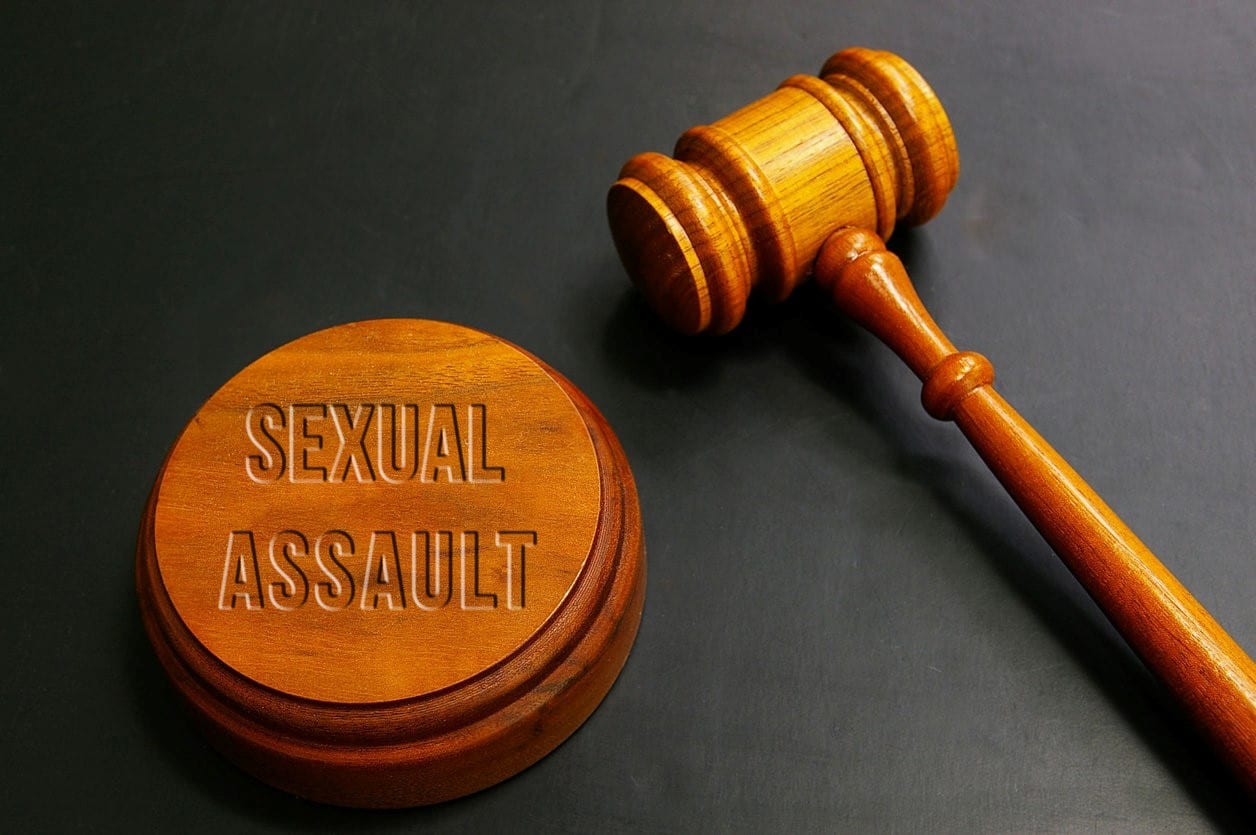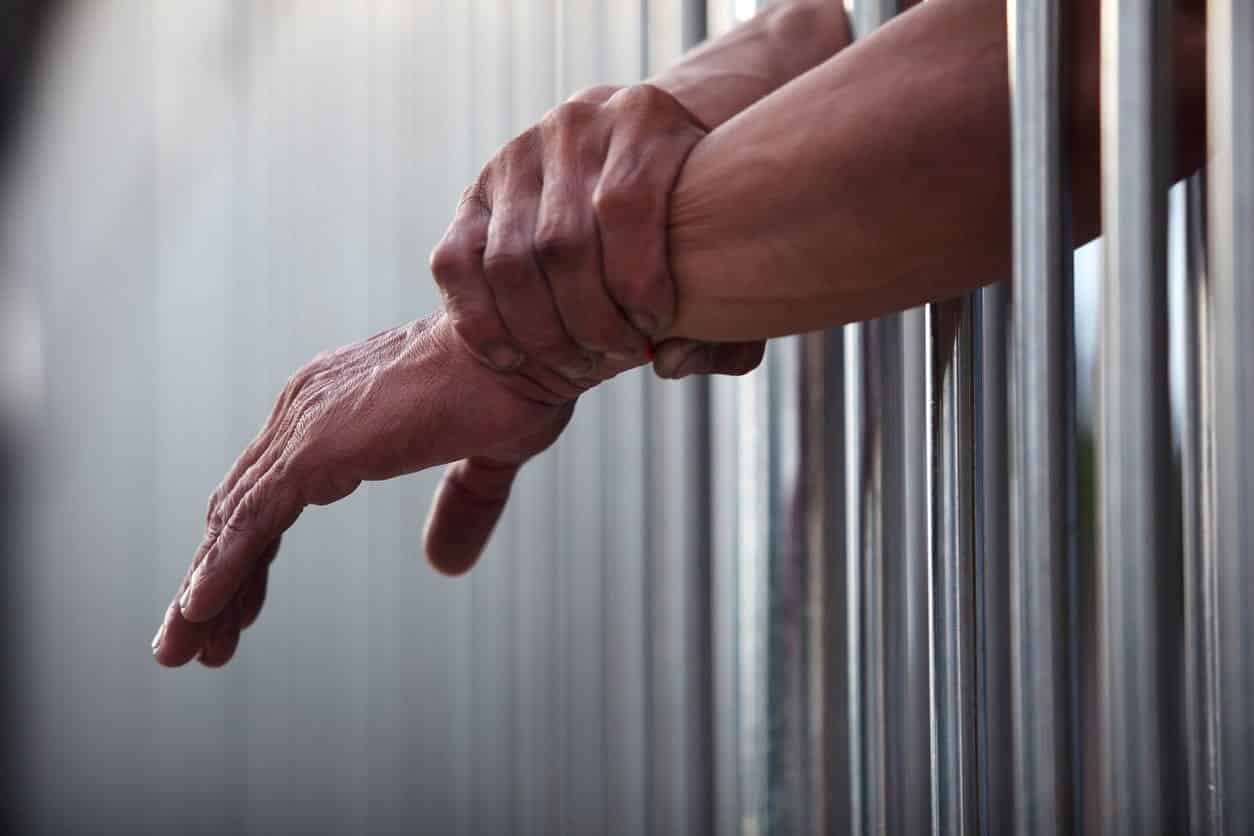- Home
- THE FIRM+
- Criminal Defense+
- CASE RESULTS
- AREAS WE SERVE+
- FAQ’s
- Blog
- Contact
AZHARI LLC BLOG

Posted By: Sami Azhari
Category:
No crime has been more talked about in the media recently than sexual assault. And it’s easy to see why. High profile charges and cases with surprising results seem to be everywhere.
There are the accusations and impending trial against Bill Cosby for allegedly drugging and raping dozens of women across several decades. In the presidential election, numerous women have come forward to accuse Donald Trump of varying levels of sexual harassment and sexual assault.
You just can’t get away from it. And this isn’t necessarily a bad thing. Clearly, our culture has deep-seeded issues over sex, sexual violence, and how women are treated. The conversation is not a comfortable one, but it is one that we need to have if things are ever going to improve.
Unfortunately, one of the side effects of shining such a bright light onto sexual violence is that all the attention can put pressure on law enforcement officials to become overzealous in how they handle these types of situations. They may become more likely to arrest and charge people… even if the evidence is spotty. They could start cutting corners. And prosecutors might start pusher for the harshest possible penalties for even minor instances.
If you or someone you know has been accused, arrested, or charged, you could get caught up in this. Which is why it is so important to understand exactly what the penalties are and how you can fight back.
How Our State Handles Sexual Assault and Abuse
Illinois defines sexual assault as an act of penetration that is committed through the use of force or threat of force, or while knowing the victim does not have the capacity to give consent to the penetration. Sexual assault is also defined by the ages of those involved. It can be an act of penetration where the victim is a family member under the age of 18, or the victim is between the age of 13-18 and the perpetrator is at least 17 with a position of authority or trust over the victim.
Criminal sexual assault has severe penalties here. For a first conviction, sexual assault is a Class 1 felony and you may face 4-30 years in prison.
But sexual assault is not the only charge you might find yourself facing. There is also the crime of sexual abuse. Any sort of sexual touching through force, threat of force, or knowing the victim cannot consent or understand the act, can be charged as sexual abuse. Sexual activity (including penetration) with someone between the ages of 9 and 17 when the defendant is under the age of 17, or between the ages of 13 and 17 when the defendant is at least five years older, is also considered sexual abuse.
Sexual abuse is a class 4 felony. A first conviction has penalties of 1-4 years in prison, and/or fines of up to $25,000.
The above penalties for both crimes are harsh, but that’s just the beginning. They can be bumped up to more severe felonies if there are aggravating factors present such as:
- The use of a weapon
- The use of death threats
- The victim is under the age of 13
- The victim is over the age of 60
- The victim is intellectually disabled or physically handicapped
- The victim is given a controlled substance without giving consent
Aggravated criminal sexual assault can have penalties of 60 years or even life in prison. Aggravated criminal sexual abuse has penalties including 14 years in prison.
Accused of Sexual Assault or Abuse? Secure Your Defense Today
In today’s climate, accusations of sexual assault or abuse can lead to severe consequences. If you find yourself facing such charges, it’s crucial to act quickly to safeguard your rights and future. Get in touch with a criminal defense lawyer immediately to navigate these complex charges and develop a defense strategy.
About the Author
Sami Azhari has been working as a lawyer since 2007, after receiving his Juris Doctor from the Michigan State University College of Law. He has handled numerous state and federal cases, and is known throughout the Chicago and Rolling Meadows area for providing his clients with high-quality, skilled representation. He has been recognized by SuperLawyers, the National Trial Lawyers Association, and other notable organizations, and has spoken at a number of legal conferences.


























































